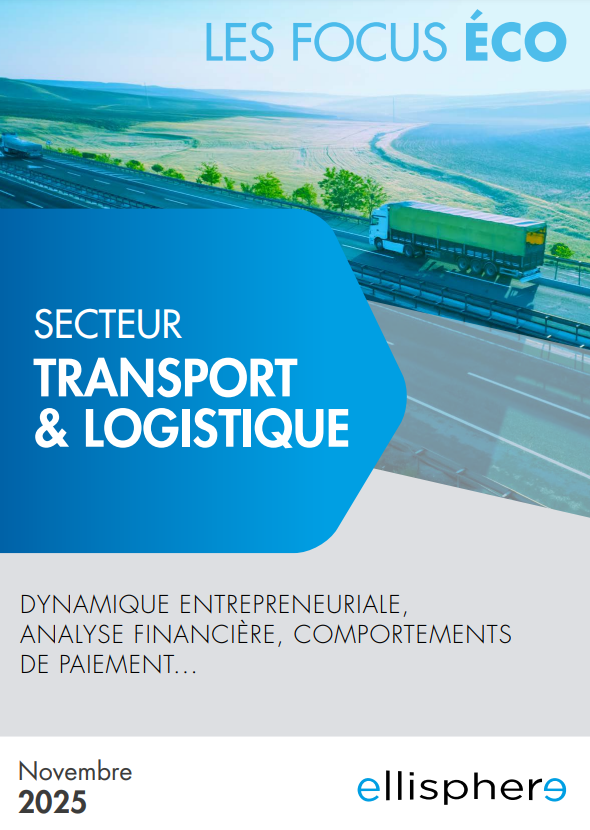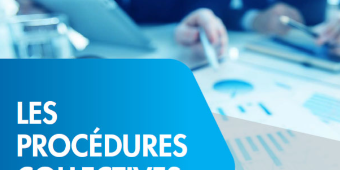
Fraud, a growing phenomenon
Over 70% of companies in all sectors are victims of fraud, and the trend is growing stronger every year, with no end in sight.
The explosion of this phenomenon has been fuelled by the transformation of organizations and the digitization of processes, placing large companies on the front line in the face of this growing risk. This dynamic, accompanied by technological evolution, has given rise to a veritable professionalization of fraud. It is no longer necessary to know how to code, nor to have technical skills. Fraudsters are no longer individuals, but truly organized and equipped businesses. Turnkey tools exist to enable a multitude of individuals to enter this "market".
Artificial intelligence is now emerging as both the main danger and the number-one bulwark against fraud. While companies are making widespread use of AI and solutions such as ChatGPT, fraudsters are one step ahead.
So how do you protect yourself?
First and foremost, we need to be aware of the asymmetry between the means used to defend ourselves and the technical skills employed by fraudsters. The hacking industry is developing faster than companies are being transformed, and the last thing you want to do is underestimate fraudsters.
Next, risk mapping and regular audits must be carried out throughout the company, in order to identify vulnerabilities and deploy the necessary actions. This is everyone's business, not just that of the people in charge of security, as the fraudster will identify the organization's weak point. This may be a process, or an identified individual.
Finally, companies need to embrace artificial intelligence and equip themselves with expert tools to detect fraud automatically at an early stage. They need to raise alerts when entering into a relationship with a third party, and then throughout the life of the contract. We must not let our guard down: many companies that are perfectly legal on paper and have a real business are used as Trojan horses to "fleece" companies.
Géraud Zeller
As Head of Risk Management Offerings at Ellisphere, Géraud designs and implements innovative risk management solutions. He has led transformation projects in consulting firms, combining strategy and new offering development. With a Master's degree in Corporate Finance, he combines market vision with financial expertise.

Electronic invoicing in the road haulage industry, compliance heterogeneous progress towards compliance
The double deadline for dematerialized invoicing (in September 2026 and 2027) won't be the "big night" in the digitalization of road transport, but it will call into question certain habits in its companies. On three levels (at least).
The first level concerns the consignment note (the contractual document at the source of invoicing), which is widely used in paper form. Dematerialized invoicing makes the eCMR, planned since 2017 (according to the European EFTI regulation), a solution advocated by some and rejected by others, a logical step.
The second level addresses subcontracting and cabotage, which structure the road haulage business at national and cross-border level. Undoubtedly, small businesses will be duly called upon to keep up with the big companies, their principals, from 2026 onwards.
The third level concerns the plethora of dematerialization platform partners (around a hundred PDPs have pre-registered) and links with TMSs (transport management systems). The multiplicity of players and their uncertified (to date) interoperability leave company managers skeptical about the fluidity of exchanges, the costs involved (invoiced audits, fee notes and associated services, unit cost per invoice, subscription fees...) and the potential gains (payment lead times, limited reminders, better customer and invoice lifecycle tracking...) depending on the volume of invoices.
Conservative by nature, innovative by principle, the road transport sector (more than 30,000 registered companies) has always adapted to regulatory and digital milestones (EDI in the 2000s, electronic tachograph, widespread use of TMS and ERP, vehicle geolocation...), but at the pace allowed by the financial health of companies and the acculturation of teams. Digitization and the energy transition (phasing out diesel for heavy goods vehicles) are the two horizons for road transport. But as the facts show, the former will go faster than the latter.
Benoît BARBEDETTE
Co-founder and journalist at News Tank Cities and News Tank Mobilités (News Tank group) since 2018, Benoît has been editorial advisor to L'Officiel des Transporteurs (AlaloopMédia group) since December 2024. From 1994 to 1997, Benoît worked as section editor at Transport Magazine. From 1997 to 2002, he was editor-in-chief of FranceRoutes (Wolters Kluwer group), then editor-in-chief of L'Officiel des Transporteurs from 2003 to 2017 and editorial director between 2009 and 2017 (Wolters Kluwer group).





